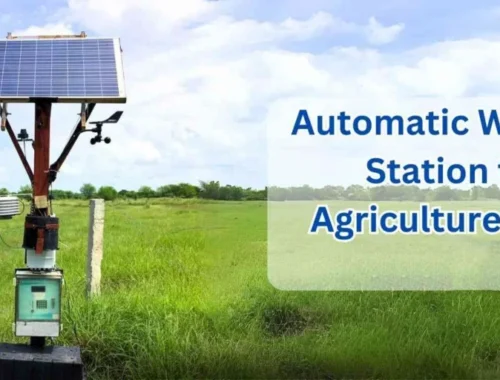EU set to ease new emissions limits for vans
EU set to ease new emissions limits for vans
Member states to ease limits on exhaust emissions from vans.
National governments are to ease proposed new limits on exhaust emissions from vans. Under pressure from France, Germany, Poland, Romania and Bulgaria, deputy ambassadors to the EU are likely to agree a common position in the Council of Ministers on Friday (12 November) that envisages laxer and later controls on new light vehicles – vans and minibuses.
The latest version of the text accepts the European Commission’s plan to impose a fleet average of 175 grams of carbon dioxide (CO2) per kilometre, but allows the industry until 2017, instead of 2016, to reach the target. And it proposes that a further target, to be achieved by 2020, should be less ambitious: a cut to 150g CO2 /km, instead of 135g. Some countries would still like the new rules postponed entirely, and have called for more study of the likely impact.
‘Wrong direction’
Kerstin Meyer of Transport and Environment, a campaign group, said: “The Council is clearly going in the wrong direction here.”
The Council will start talks on 16 November with the European Parliament, which has also urged some weakening of the text, in response to concerns about the ability of the industry to switch production in time. Agreement between the two institutions may be reached at a further negotiating meeting planned for 29 November.
According to Meyer, the easier targets will lead to more fuel consumption “and small businesses will pay the price”. She contested the industry’s demands for more time to meet targets, citing recent findings by her group that car fleets had achieved faster-than-expected emissions reductions through technological improvements. “The reduction on cars is happening much faster than three years ago. And now the same industry is saying CO2 targets for vans cannot be reached quickly,” said Meyer.
Click Here: All Blacks Rugby Jersey
But ACEA, the European carmakers’ association rejected the campaigners’ logic. It said: “T&E should stop comparing apples with oranges. Vans are a different category of vehicles – they transport goods – and serve a very different market. The legislation should be tailored to the segment.”
A spokeswoman for ACEA said that a 2020 goal of 160g CO2/km was the “most feasible target” for the industry, taking into account “significant changes” to the vehicles that would need to be made.
You May Also Like

Pool Products: Essential Accessories for Your Swimming Pool
March 17, 2025
AWS Weather Station: Monitoring Environmental Conditions with Precision
March 17, 2025